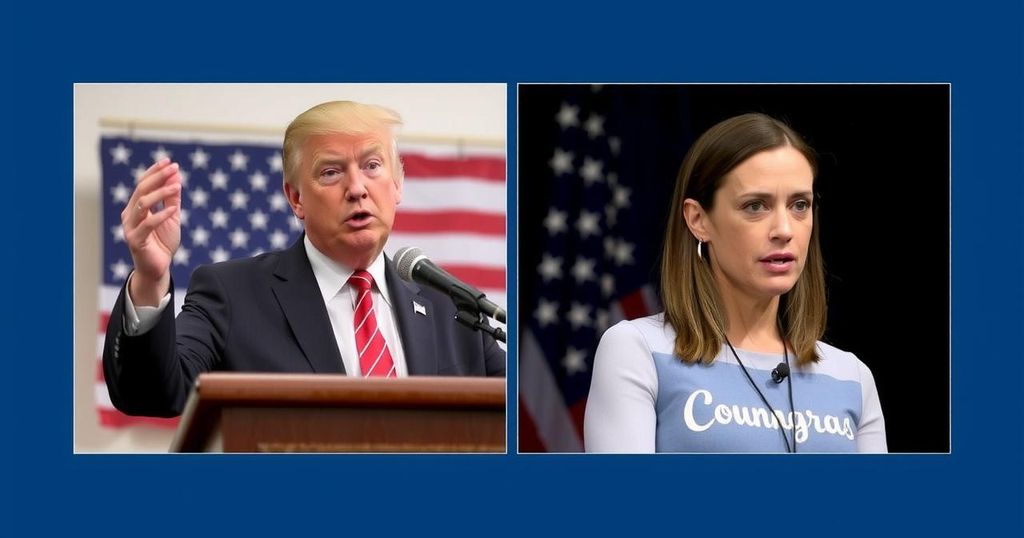Virginia’s Special Elections: A Crucial Test for Party Strength Before 2025 Gubernatorial Race

Virginia’s special elections are crucial tests of party strength in advance of the 2025 gubernatorial race, with key contests between Democratic and Republican candidates. Abortion rights emerge as a significant issue, dividing candidates and reflecting broader national debates. These elections will also influence budget priorities, particularly regarding education funding and tax relief measures, amid a $2 billion surplus. The results will be instrumental in determining future political direction and party dynamics in the state.
Virginia is witnessing critical special elections that will gauge party strength ahead of the 2025 Gubernatorial race. With Republicans poised to gain control at the national level, these elections represent a significant turning point for Virginia. Candidates Del. Kannan Srinivasan and J.J. Singh are notable Democratic participants striving to secure their districts against Republican challengers Tumay Harding and Ram Venkatachalam. In contrast, Democrat Jack Trammell is contesting in the Republican-dominated 10th Senate District against GOP nominee Luther Cifers.
The elections have attracted considerable national interest, underscoring the stakes involved. Notably, abortion rights have emerged as a pivotal issue, with Democratic candidates firmly pledging to uphold access to reproductive health services. In contrast, the Republican candidates have presented somewhat ambiguous or oppositional stances regarding abortion, reflecting a pronounced divide within the state.
Given a substantial $2 billion surplus, the allocation of funds is also a pressing issue among lawmakers, with Democrats focusing on K-12 education funding and both parties discussing potential tax relief measures. The outcome of these special elections could have long-lasting implications for the direction of Virginia’s policies, especially concerning the advancements of reproductive rights and early discussions on budget priorities. The results will be crucial in shaping the political landscape ahead of the 2025 gubernatorial elections and assessing voter sentiment during a volatile political climate.
The upcoming special elections in Virginia are set against a backdrop of heightened political tension following the November general elections. With the potential for shifts in national political power, these elections serve not only as a local contest but also as preliminaries for the larger gubernatorial race in 2025. Virginia’s political history has been marked by fluctuating party control, and these special elections provide an early indicator of voter preferences and party dynamics in advance of the scheduled gubernatorial elections. Additionally, issues such as reproductive rights have become key battlegrounds, reflecting a broader national conversation around these topics.
In conclusion, the special elections in Virginia are pivotal in assessing party strength leading into the 2025 gubernatorial race. The outcomes will not only influence local policy debates on funding and reproductive rights but will also signal potential shifts in voter sentiment as Republicans and Democrats gear up for future political contests. With critical issues at stake and a significant budget surplus to navigate, the upcoming elections promise to shape Virginia’s political landscape for years to come.
Original Source: virginiamercury.com






